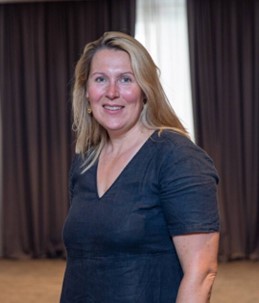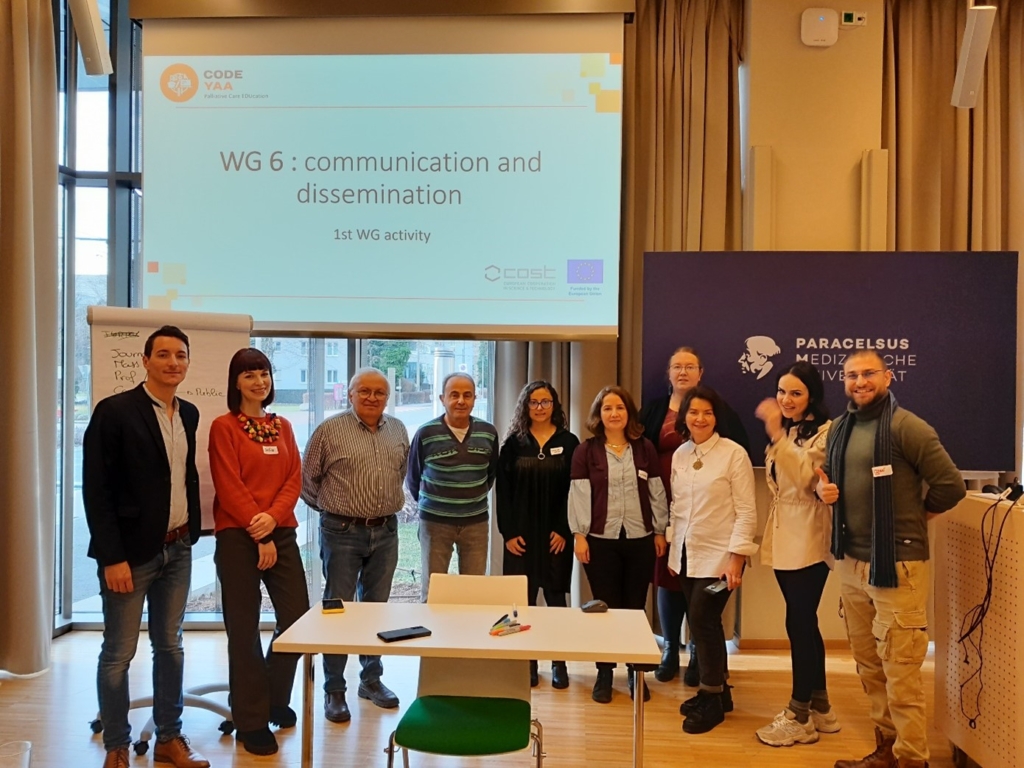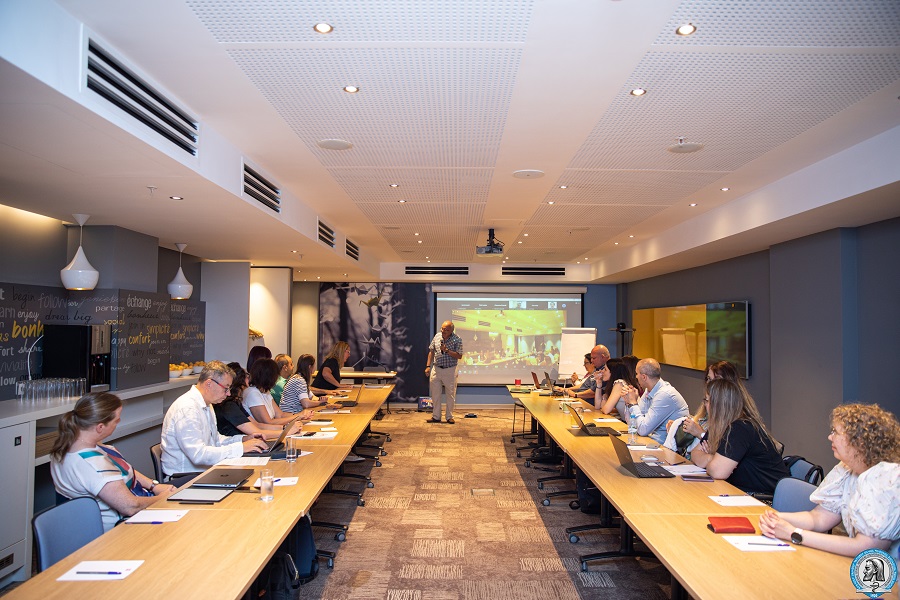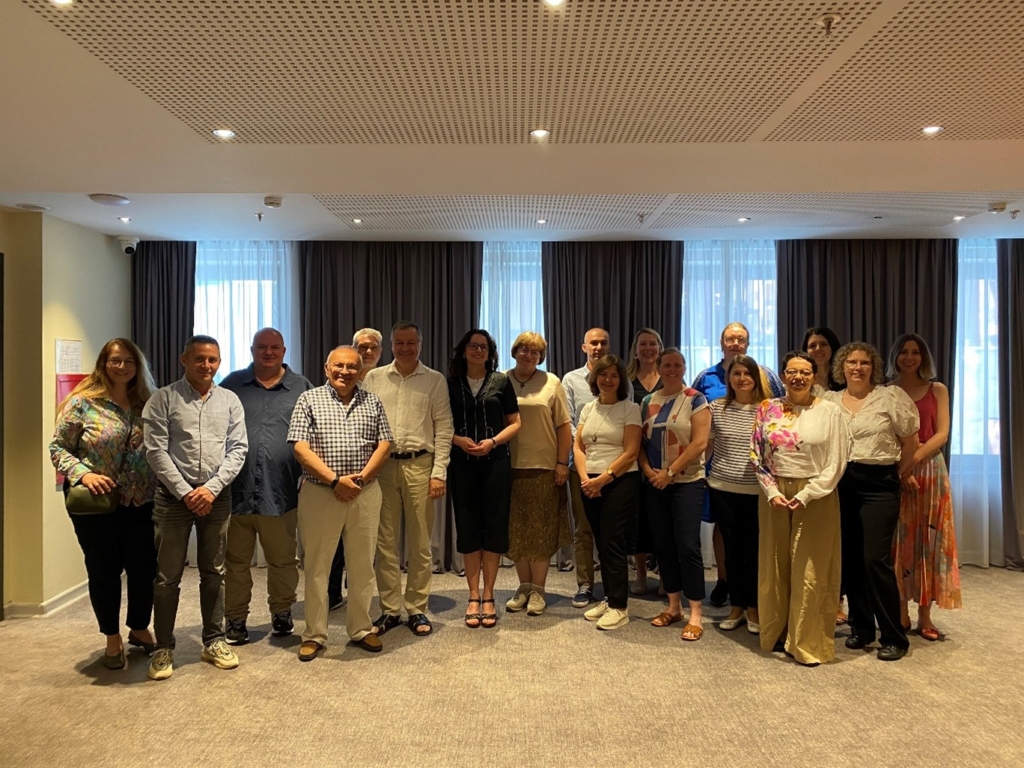A network to support palliative care education and training
Palliative care aims to improve the quality of life of patients and their families facing problems associated with life-threatening illnesses. The World Health Organization (WHO) reports that each year, an estimated 56.8 million people, including 25.7 million in the last year of life, need palliative care. The global need for palliative care will continue to grow due to the aging of populations and diseases. In addition, by 2060 an estimated 48 million people will die each year with serious health-related suffering such as cardiovascular diseases, cancer, chronic respiratory diseases, AIDS, and diabetes.
Palliative care is explicitly recognised as a human right. Even with the fast-paced advancements in 20th century medicine, palliative care didn’t emerge until the late 1960s and still gets overlooked by many healthcare systems. Though it’s now recognised, its growth is hampered by legislative and administrative obstacles. To tackle these issues the Council of Europe, WHO, and the United Nations have addressed these problems and established international standards and recommendations to improve palliative care worldwide.
Education is key
Health systems across the globe should prepare for the age-related increase in deaths from chronic diseases, by focusing on integration and boosting palliative care education. Many students do not feel prepared enough to provide the expected support to families, on top of ethical challenges that may occur. Teaching palliative care demands a culturally sensitive and inclusive curriculum, a specific mix of skills and expertise, and innovative teaching methods.
European recommendations exist for undergraduate medical, nursing, psychology, and social work education and postgraduate training in medicine. Such regularly updated recommendations are essential to influence national policymakers and other key stakeholders on the importance of palliative care education. In practice, such curriculum recommendations must be culturally appropriate or adjusted according to national regulations, healthcare systems’ ability to make palliative care accessible, and societal needs.
Introducing CODE-YAA@PC-EDU
In response to an age-related increase in deaths from chronic diseases, the CODE-YAA@PC-EDU COST Action was set for integration and improvement of education and training in palliative care. COllaboratively DEveloped culturallY Appropriate and inclusive Assessment tool for Palliative Care EDUcation aims to set quality indicators to establish a gold standard for high-quality palliative care education and training. The network from 31 countries will measure, explore, and promote access to palliative care education.

Learning the skills to care for individuals with life-limiting health-related suffering is crucial for all health and social care professionals, regardless of their specialty. This is why the goal of this COST Action is to establish quality indicators for exceptional education and training in palliative care.

“Enabling access to high-quality palliative care education guarantees societies worldwide that people can live better lives until their death“
Prof Piret Paal, Chair of CODE-YAA@PC-EDU
Gold standards
Ultimately, CODE-YAA@PC-EDU aims to establish a universal gold standard for palliative care education and training, to prevent or minimise health-related suffering and ensure optimal access to palliative care as a primary service. Current advancements in palliative care education and training are systematically gathered. CODE-YAA@PC-EDU will serve as a valuable resource for national agencies, providing a benchmark for data collection and evaluation. The Action is expected to provide new tools to inform leadership priorities and evidence-based decision-making related to palliative care education and training.



The CODE-YAA@PC-EDU network hopes to become a valuable resource for Member States to develop palliative care in line with the WHO Resolution. By gathering accurate data and ethically sound evidence, the network will enhance access to palliative care education and training for all health professionals, addressing one of the biggest barriers to universal palliative care access. Palliative care significantly reduces healthcare expenditure, with early consultations leading to greater cost savings than those in the final week of life. Increased palliative care support is particularly crucial for conditions such as multi-morbidity, chronic progressive diseases, and diseases with complex symptoms.
Additional information
View the Action webpage
View the Network website
Follow CODE-YAA@PC-EDU on social media: LinkedIn, Facebook, and Twitter (X) @CODEYAA

